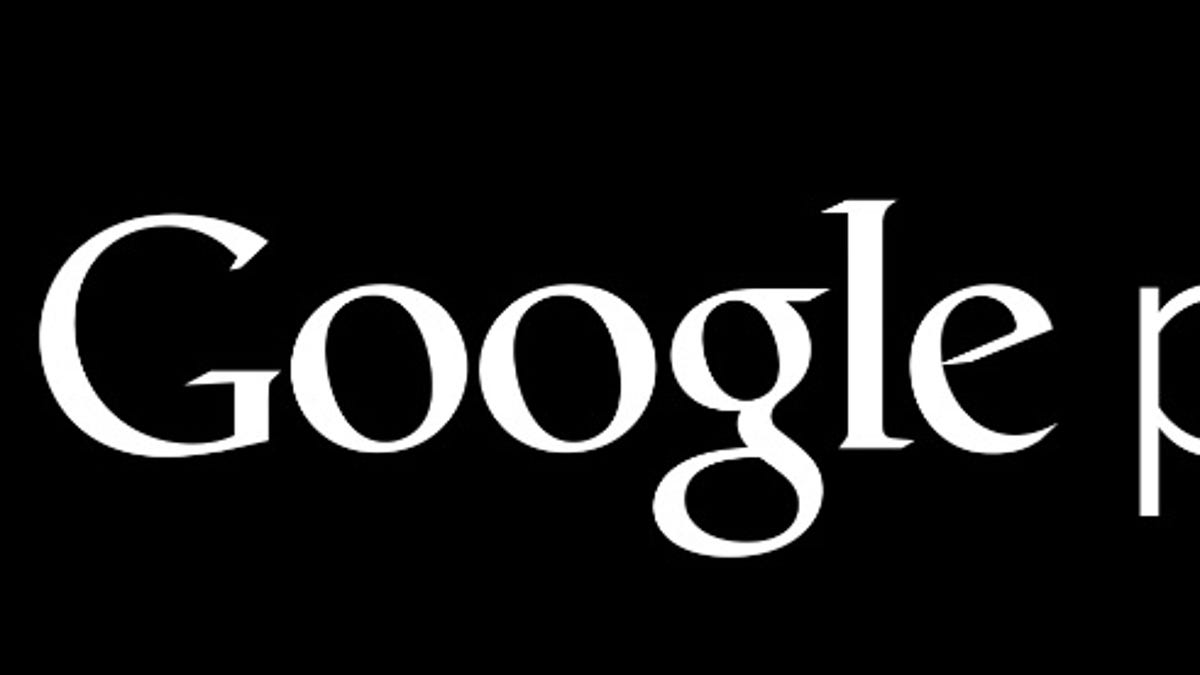Google reboots Android Market, launches Google Play
Google is rolling up music, e-books, movies, and apps into a single-branded service called Google Play. The reboot comes as some of Android's services underachieve as moneymakers.

Google is rebuilding Android Market.
The Internet giant, looking to create a more comprehensive source for movies, apps, music, and e-books, is folding Google Music and Google eBookstore into one store, now renamed Google Play, according to Jamie Rosenberg, director of digital content for Google. The changes go into effect today.
Google Play marks a radical departure from Android Market, which has been a fixture of the company's mobile platform since the debut of Android more than three years ago. The move is a tacit admission that offering apps, games, and e-books--the main features of Android Market--isn't enough to remain competitive even as rival app stores spring up. Google Play is designed to break down the walls separating the company's disparate offerings, Rosenberg said.
"Google Play will become a single experience for users," Rosenberg said. "This creates a more powerful experience around Android and also increases opportunities for content partners" to interact with more of Google's offerings.
It's a shocking branding shift, considering the resources and energy spent into building the Android name, which will live on as the brand for Google's mobile operating system.
The move is likely to appease critics who have argued that Google's approach to digital content is fragmented. Services that should blend well together often seem out of sync. One example of this is Google Music and YouTube's music videos.
When Google executives were pitching the idea of Google Music to the labels throughout much of 2010 and 2011, they spoke of closely integrating the service with YouTube's music videos, one of the bright spots in online music distribution. Yet the services never were combined.
The formation of Google Play means that music will no longer remain a standalone service, Rosenberg said.
While a phenomenally successful platform with broad adoption, Android Market has struggled to generate the kind of revenue Apple's App Store sees with its apps. Launched in October 2008, Android Market still lags far behind Apple in revenues, according to numerous studies. Last month, Distimo, a company that tracks data on app stores, reported that Apple's iOS App Store generated four times the total revenue of Android Market.
As a result, developers have resorted to changing their business models, relying on mobile ads instead of up-front payments. Others have embraced the "freemium" model, which consists of giving away an app with the hope that the user pays a small fee down the line, either for additional services or extra levels or weapons in a game. Research In Motion, which has a much smaller BlackBerry App World storefront, boasts that its app store is more profitable for its developers than Android Market.
Android's inability to generate significant revenue from content extended to Google Music, CNET reported two weeks ago. Music industry sources said Google Music had not met expectations on revenue or customer adoption. Following that report, others wrote that Google Music was actually losing customers.
Rosenberg declined to discuss revenues but denied that the service is losing customers. Google Music is up to 4 million users, he said, and the company is "excited about Google Music's growth."
The Google Play strategy has been in the works for some time, Rosenberg said, but did not specify how long. He stressed that the changes, which may take several days to roll out across the Android platform, won't alter libraries or playlists.
All in all, while the shift to Google Play is the biggest acknowledgement yet that Android's content strategy was a bust, the company appears headed in the right direction. Bundling all the Android services into one area and under one brand will make it easier to market and hopefully help customers discover them as well.
The strategy could make Google Play more competitive with Apple's iTunes. On the Mac, iTunes includes a comprehensive library of music, movies, shows, and apps for purchase.
At the same time, Google's own vendor partners have struck deals with film, television, and music studios to sell their own media through custom app stores already loaded onto the mobile devices.
Samsung Electronics, for instance, has its own media store with shows and movies, while HTC has dabbled with music content and has invested heavily in audio quality with the acquisition of a majority stake in Beats. Amazon, meanwhile, has attracted developers looking to build apps for its heavily customized version of Android, and it already offers streaming videos through its Amazon Prime service.



